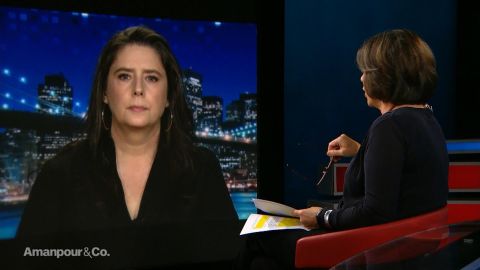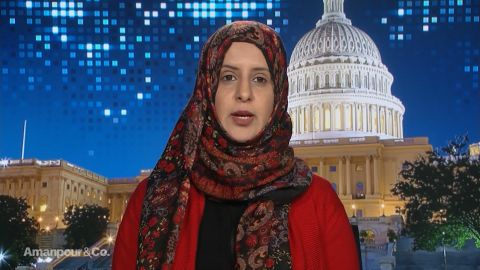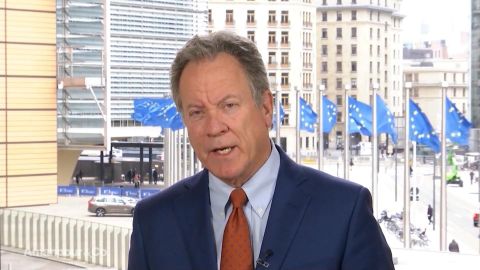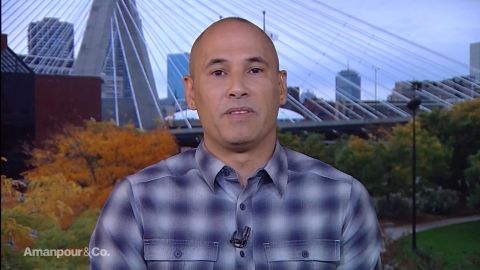Read Transcript EXPAND
Monica was working in the White House and I think I think a couple of people started to feel like she was a little uncomfortably close to the president.
I don't think they knew exactly what was going on, but it was an election year as though she was transferred to the Pentagon where she met Linda Tripp.
Linda Tripp had also worked in the White House and I think that both of them bonded over that and Linda's about 20 years older I think than Monica and so they form a friendship and they were friends for several months before Monica even told her about the relationship.
The president had promised Monica that when the relationship sorry when the election was over that he would bring her back to the White House and that did not happen.
And I think it was Monica being upset about that that was the catalyst for her telling Linda Tripp about the relationship.
Let's go through some of the other people you interview.
You interview some of the other women, well the women who accused President Clinton of improper sexual advances.
He denies all of those but the question of course is does it bother you that almost all of them if not all of them have aligned themselves with right wing groups, with people who have an agenda against the Clintons and very publicly so.
I think, well I think it's only recently and I'm referring to the 2016 election, where Paula Jones, Kathleen Willey, Juanita Broaddrick, come out and at a press conference with President Trump.
I think Juanita and Kathleen were pretty quiet for many, many years, since 1998.
At the time, Paula Jones, her cause was certainly taken up by conservatives and championed by conservatives.
What was important to me, and I think we're seeing this right now with the Me Too movement, is what happens if we strip away the politics from what happened to them and just take a look at what happened to them? Let them have an opportunity to tell their story.
I think you can credibly claim assault or harassment and have the kind of politics that some people disagree with and also to have your your cause taken up by political forces, perhaps even beyond your control.
So, again, to go into some of the opposition, I mean remember this was a time when Newt Gingrich was Speaker of the House and he was leading the impeachment proceedings and it was kind of, apparently, I didn't cover Washington, but a pretty open secret that he was carrying on an extramarital affair with a staffer.
Then the person who was meant to replace him, he also had to get booted out because of his affair.
Then there was another one another speaker who had an even more serious allegation of sexual harassment and abuse against him and he was, you know, thrown out into the dustbin of history, as well.
Does it, do not think that that would have been an also really important to cover, the very people who were accusing the president were also involved in very similar
About This Episode EXPAND
Christiane Amanpour speaks with David Beasley, Executive Director of the World Food Programme; Yemeni human rights activist Radhya Almutawakel; and Blair Foster, director of the docuseries “The Clinton Affair.” Hari Sreenivasan speaks with investigative reporter A.C. Thompson.
LEARN MORE



